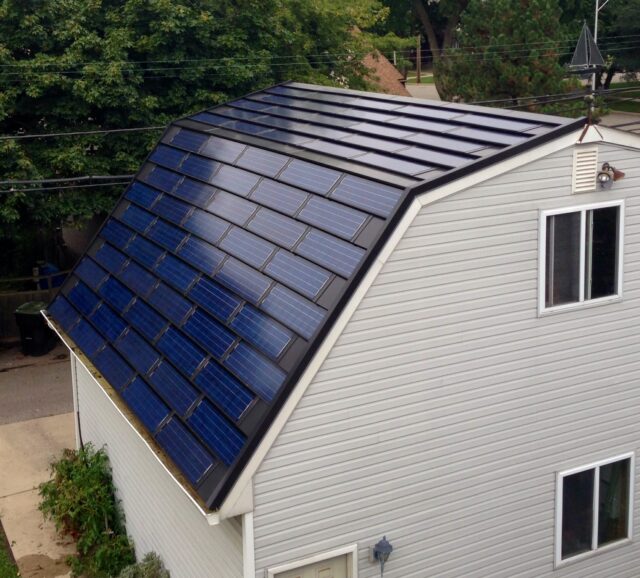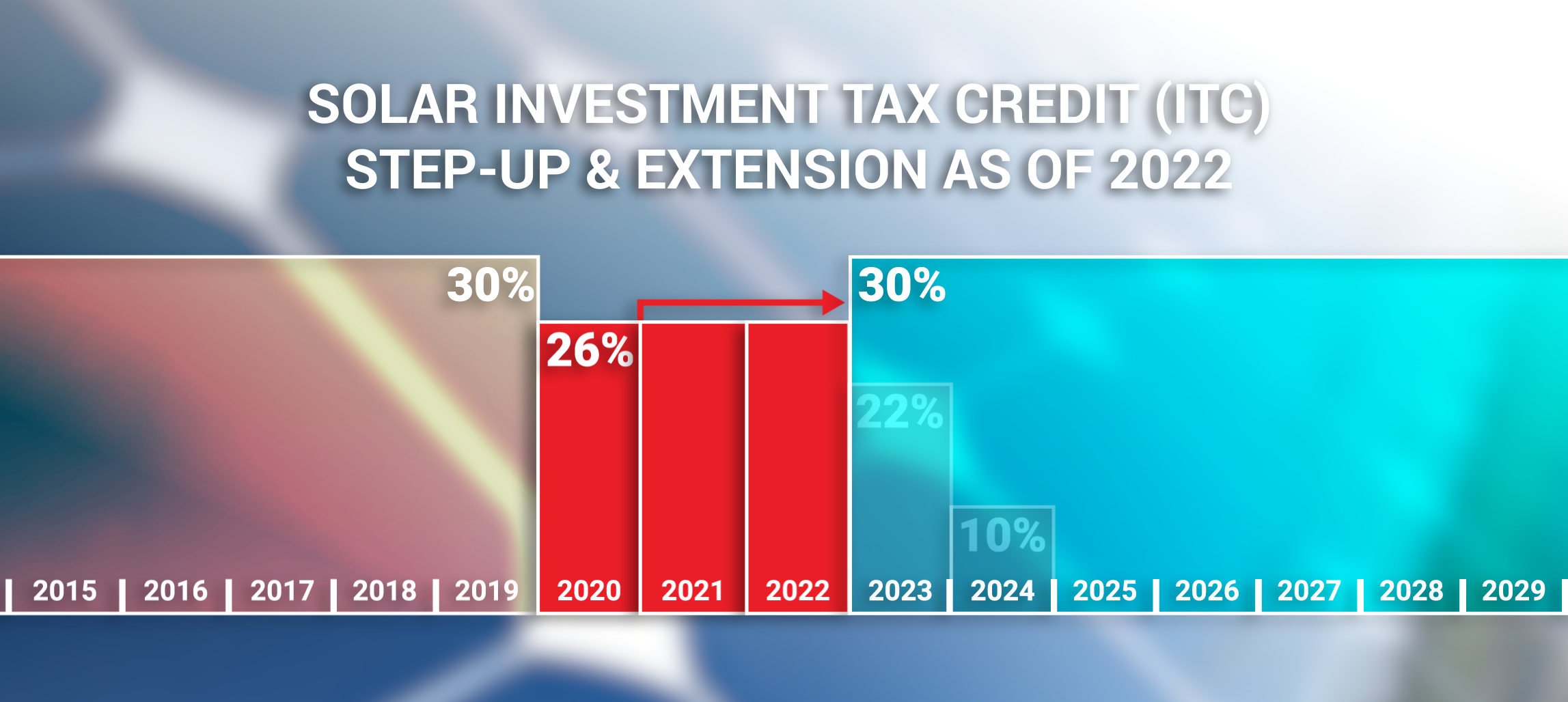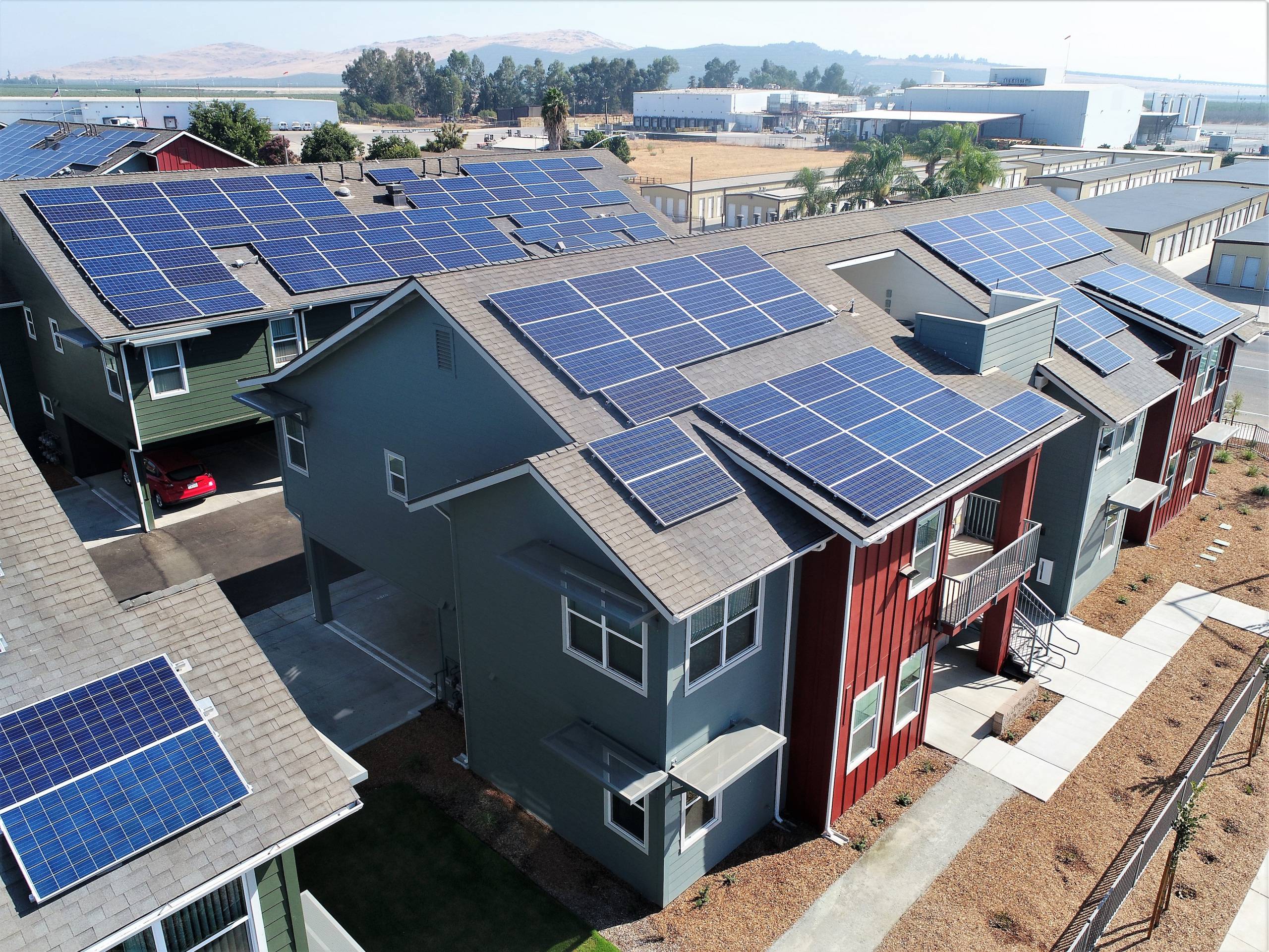
The efficiency of solar cells can decline over time. This can be caused by a variety of factors, including weather conditions. Heat and cold weather causes microcracks to form, which put constant strain on the panels. Not only can weather affect solar panels, but also the slope of a roof.
Weather conditions can lead to solar panel efficiency drops
Ambient air temperatures that are too high can cause solar panels to lose efficiency. One percent of the panel's peak output will be lost for every degree of temperature rise. Check the temperature coefficient to determine how temperature affects your solar panel. High summer temperatures such as those in California will result in a lower efficiency.
Snow and ice can also reduce the efficiency of solar panels. Although solar panels can withstand ice, it takes a while for them to melt after a night of freezing. Additionally, snow can block some of the sun's radiations which will reduce efficiency. Solar panels that receive less daylight in winter will also produce less power.
Effects of color
Solar panels which use sunlight to generate light are more effective than those that do. Photovoltaic production is only possible with a limited portion of the electromagnetic spectrum. This is because the longer the wavelength, the more efficient the sun cell becomes. The second law governing thermodynamics states energy absorbed must equal energy released.

Solar panels come in many different colors. Because it affects the amount of light that the panels reflect, the color you choose is crucial. Contrary to this, panels with lighter colors will reflect less light. This decrease in light transmission will cause panels to produce less current and more power. The amount of loss will depend on the color you choose, but the darker the color, the less it will affect the performance. An interference coating is a good option to reduce the effect. This will reduce reflection and increase performance.
Chemical build-up: Effects
Over time, solar panel efficiency will decrease. This is known to be degradation. This naturally occurs due to the exposure to sunlight and other environmental elements. This can lead to a substantial decrease in the panels’ production capacity. According to a National Renewable Energy Laboratory study, solar panels can lose between 0.5 and 0.8 percent of their potential each year. While this degradation rate isn't significant enough to have an impact on most homeowners, it is still something to think about.
Chemicals are used often in solar panel manufacturing. These chemicals can be harmful to the environment. Manufacturers of solar panels might decide to dump the chemicals instead of recycling them. Some solar panel manufacturers might try to reduce costs by using nonrecyclable materials and byproducts that could degrade panels.
Roof slope effects
The slope of your roof may not be as critical as you think. The slope of your roof has less effect on solar panel efficiency as the direction. For steep roofs, solar panels looking east at a 45-degree angle will generate the highest amount energy. The energy produced will decrease by around ten percent by tilting the roof to five degrees. Flat roofs on the other side will be covered by leaves, windborne particles, and dust. They don't need to be cleaned.
Depending on the latitude of the home, the orientation and placement of the solar panels will play a significant role. They should face the true south, which is ideal. According to Aurora Solar's research, their production of energy will suffer if they are oriented toward the north or southwest. In addition, solar panels installed on a north-facing roof may be partially obscured in the morning and evening.

Temperature-related effects
The efficiency of solar panel panels depends on their temperature. The most efficient panels perform best at temperatures of around 25 degrees Celsius or 77 degrees Fahrenheit. This is the industry standard. The panel's ability to produce heat at any temperature is what manufacturers use to rate it. The temperature coefficient shows how much of the energy is affected by temperature variations above this level. This number is found on the panel's specification sheet.
The effects of temperature on solar panels are obvious. Solar panels produce more energy in summer than they do in winter. This effect will however balance in most climates. Therefore, it is important to keep a close eye on the temperature of your region to ensure optimal performance.